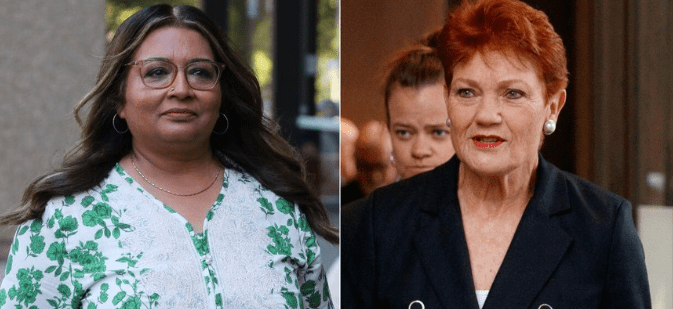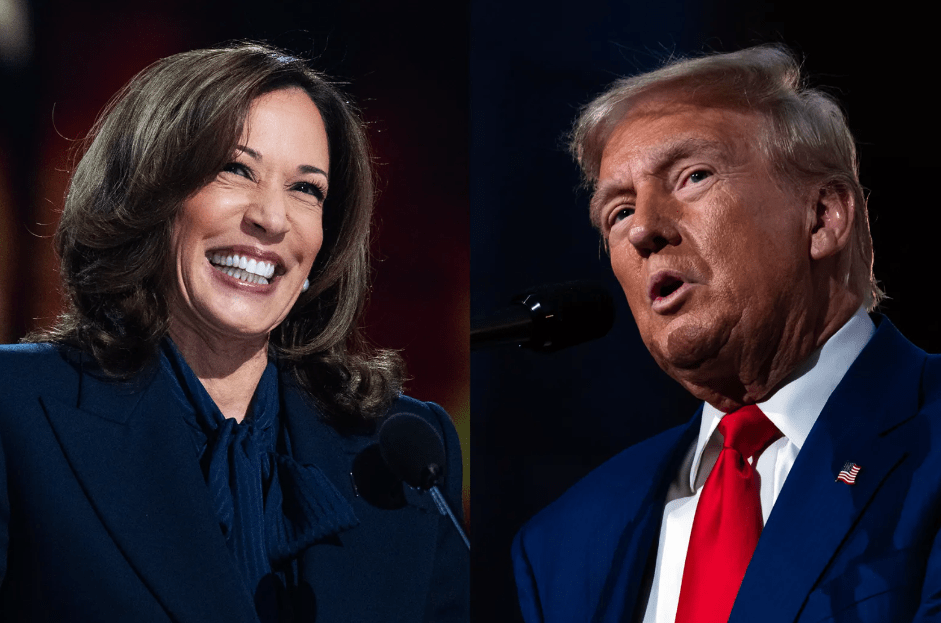The case stems from September 2022, when Faruqi, Deputy Greens Leader, posted on the day of Queen Elizabeth II’s death that she could not mourn “the leader of a racist empire.”
Hanson responded, not with a political rebuttal but a personal, racially charged attack that left little room for interpretation. Hanson later claimed in court that she didn’t know Faruqi was Muslim and that her tweet wasn’t racially motivated.

Senator Mehreen Faruqi has won a groundbreaking court case against Pauline Hanson, who was ordered to delete a racist tweet telling Faruqi to “piss off back to Pakistan.” Credit: YouTube
But Justice Stewart rejected these defenses, calling the tweet “an angry personal attack” that was “anti-Muslim or Islamophobic.” Hanson’s words, the judge found, had “no discernible comment linked to the issues Senator Faruqi raised.”
Justice Stewart’s ruling was direct in its criticism of Hanson’s history, stating that she has a “tendency to make negative, derogatory, discriminating or hateful statements in relation to about or against groups of people relevantly identified as persons of colour, migrants to Australia and Muslims, and to do so because of those characteristics.”
Hanson’s large social media following, he said, empowered others to post similar hateful comments, amplifying the impact of her words.
Outside court, Faruqi celebrated the judgment as “landmark,” “historic,” and “groundbreaking,” saying, “Today’s ruling tells us that telling someone to ‘go back to where they came from’ is a strong form of racism.”
Faruqi emphasised that this verdict “draws a line that hate speech is not free speech and those who subject people to racial abuse will not get away scot-free.” She called it a long-overdue reckoning, stating, “It is about time Pauline Hanson faced the consequences of the racism that she has been perpetrating against Muslims, against people of colour, against First Nations people for decades upon decades.”
For Faruqi, this win is not just about herself; it’s about challenging an entrenched culture of racial discrimination in Australian politics.
In contrast, Hanson responded defiantly, expressing her “disappointment” with the judgment and vowing to appeal. She argued in a statement that “the outcome demonstrates the inappropriately broad application of section 18C, particularly in so far as it impinges upon freedom of political expression.” Her response sidestepped the impact of her words, framing the judgment as an infringement on free speech.
Faruqi’s lawyer, Saul Holt KC, highlighted the lasting harm inflicted by Hanson’s tweet. He argued that Hanson’s words made “a brown, Muslim migrant a lesser person” and that it “predictably” unleashed a torrent of similar abuse.
Holt revealed that Faruqi endured “sleepless nights” from the relentless online harassment, highlighting the personal toll of such hate speech.
The court also heard from Deakin University race relations expert Yin Paradies, who testified that Hanson’s words were “very exclusionary” and struck at “the heart of who belongs and who doesn’t belong” in Australia.
This ruling is a significant victory for Faruqi and a wake-up call for anyone using public platforms to spread hate. It establishes a crucial legal precedent, asserting that hate speech is not free speech, and it carries a cost.
Faruqi’s win shows that Australia’s leaders will be held accountable for inciting racial hostility, marking a new chapter in the fight for inclusion and equality in public discourse.

